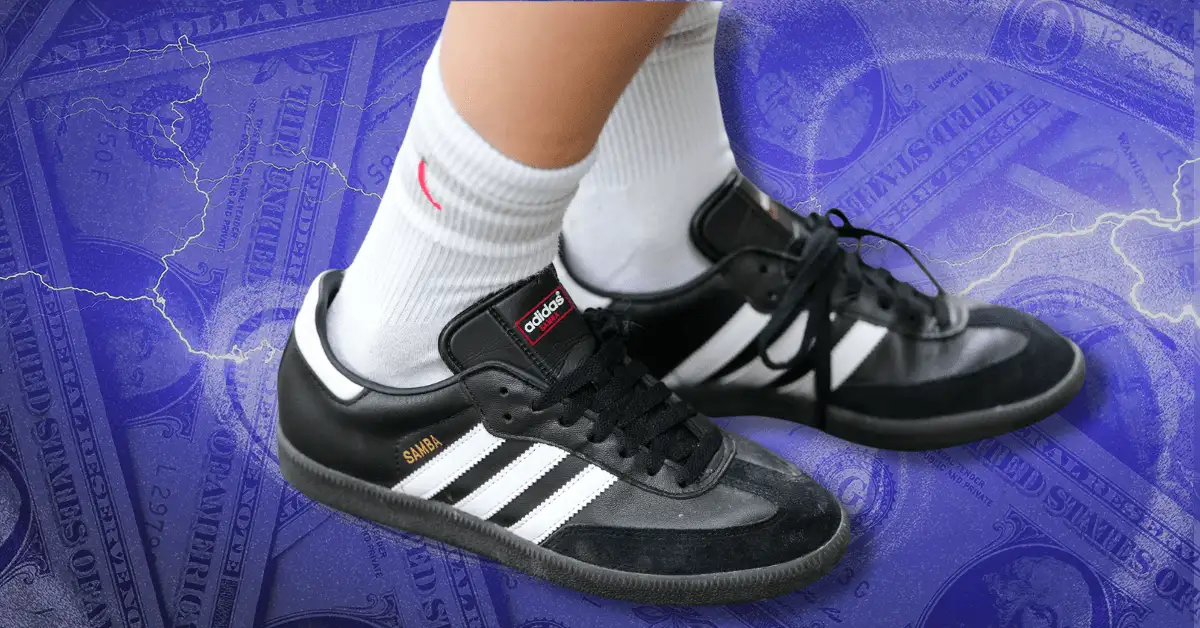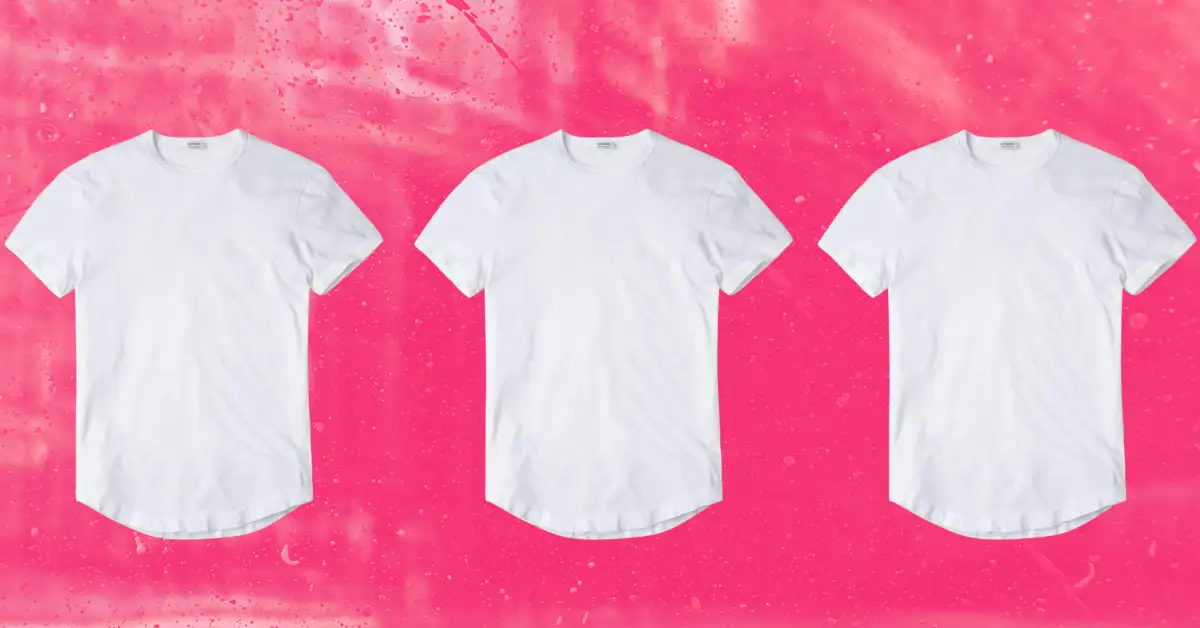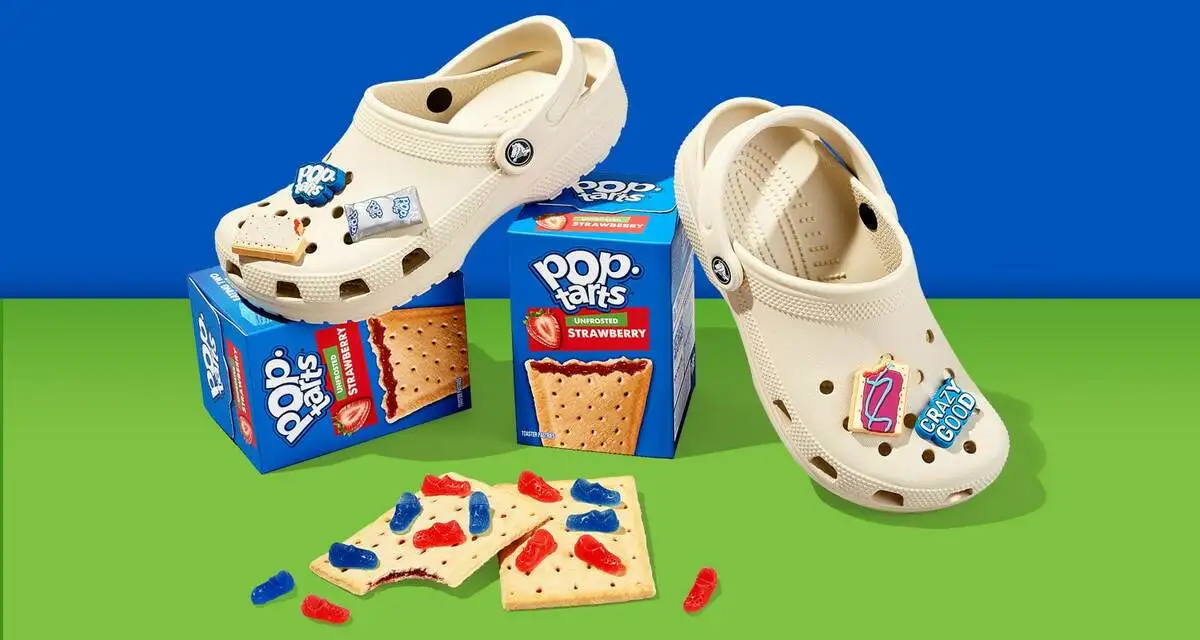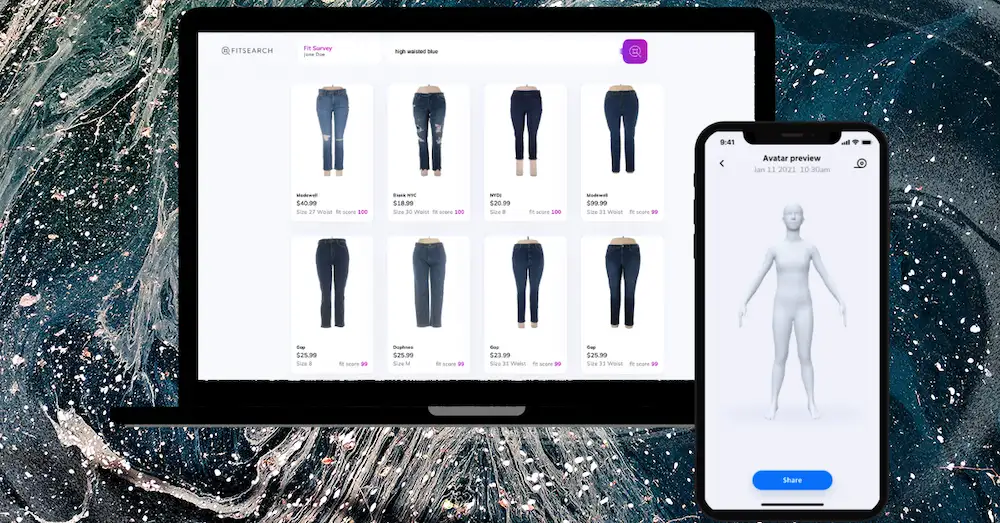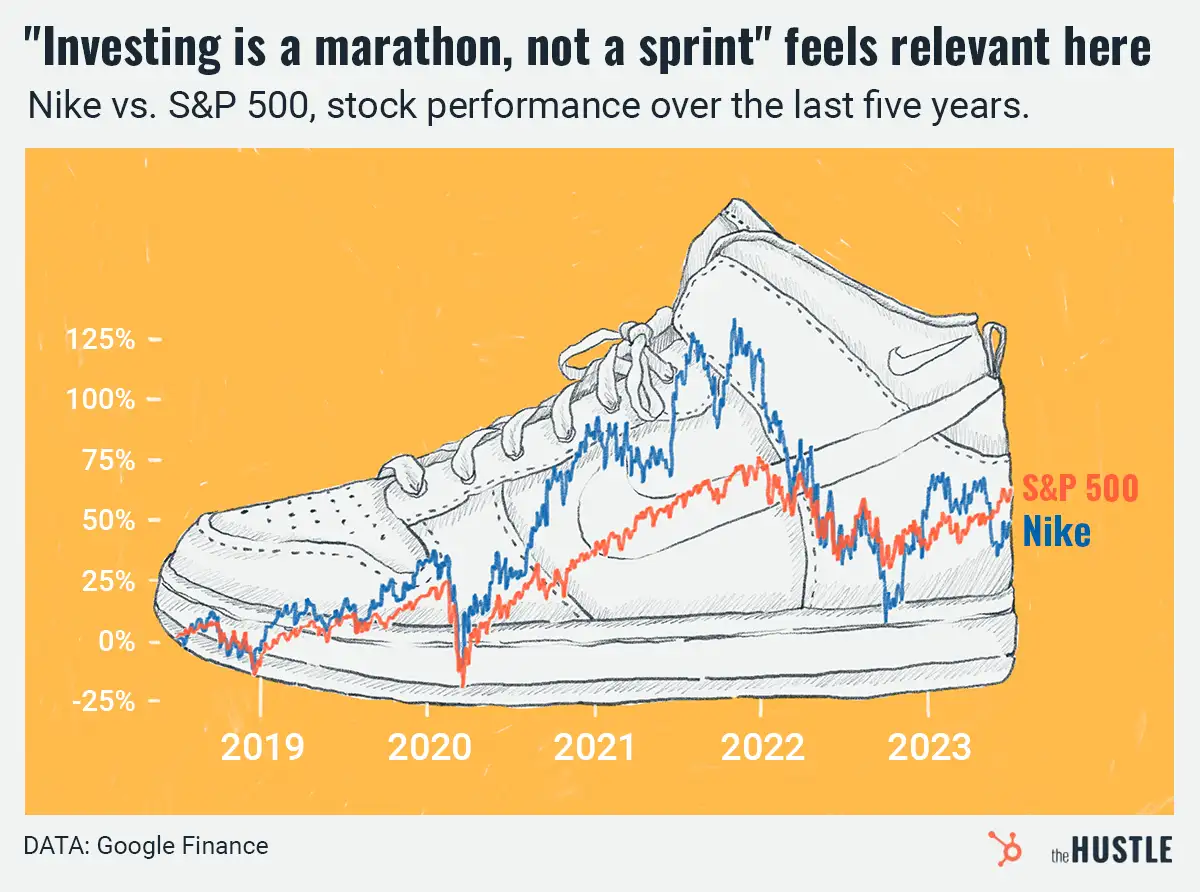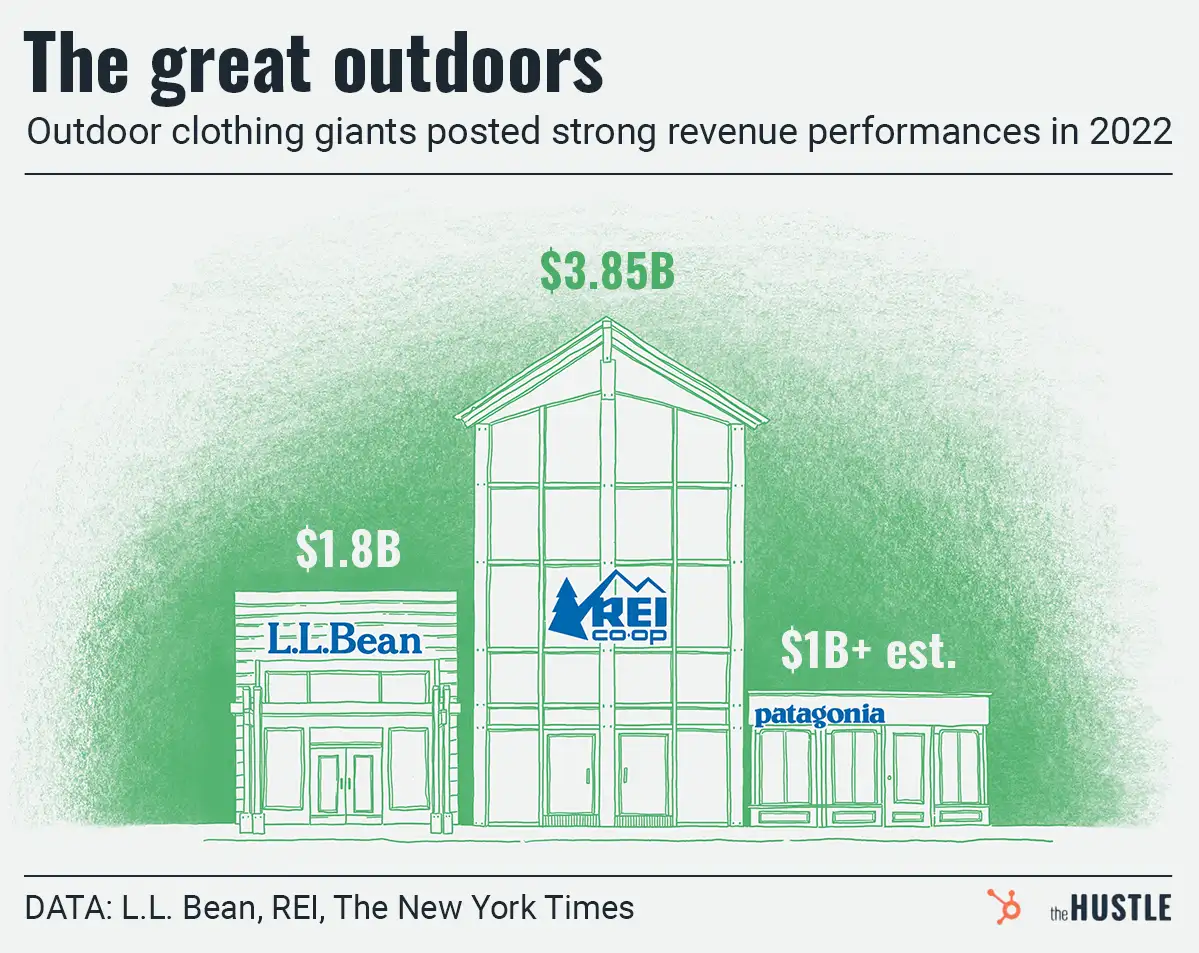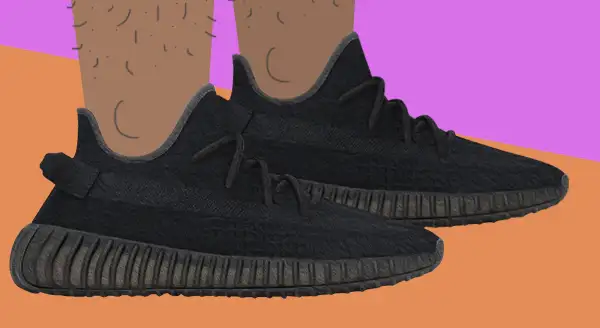With the stock market plummeting, alternative assets are gaining steam, and one alternative asset class that’s popped in recent years is sneakers.
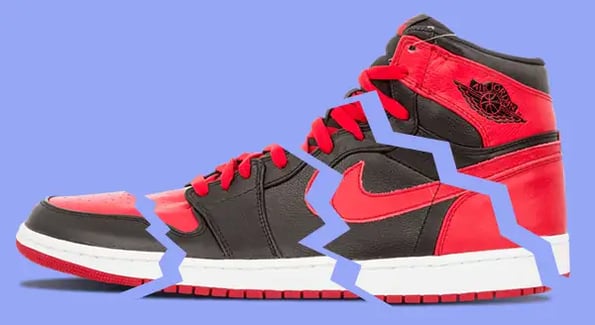
One of the biggest players in the collectible sneaker space: StockX.
The sneaker marketplace was valued at $3.8B in 2021 and has hinted at a forthcoming IPO, but a recent lawsuit is pinning the platform against an industry giant — Nike.
Nike’s beef…
… started with NFTs:
- In January, StockX launched Vault NFTs, which allowed users to purchase NFTs that represent physical products held securely in a StockX vault.
- In February, Nike sued StockX, claiming the company was “blatantly freeriding” on its trademarks with the Vault NFT product, per Bloomberg.
StockX countered the suit, arguing that Vault NFTs aren’t digital sneakers but listings for physical sneakers.
Now the suit has evolved
Last week, Nike filed to add two new charges — counterfeiting and false advertising:
- Nike claimed it bought four pairs of counterfeit sneakers from StockX within a two-month period, each including a receipt claiming “100% authenticity.”
- StockX countered, calling Nike’s claims a baseless attempt to revive its struggling trademark case.
StockX included a couple other juicy details in its rebuttal. First, that Nike’s own brand protection team has approved of StockX’s authentication system, and that several Nike executives actively buy and sell shoes on the platform.
So what does this mean for the future of sneakers?
Michael Sykes, who writes The Kicks You Wear, a must-read newsletter covering the sneaker industry, told The Hustle he believes the biggest implication of the suit will be the future of virtual goods:
“Counterfeiting claims are sexy, but StockX vs. Nike is about NFTs first and foremost. This case will set legal precedents on what fair use is in a virtual world, which is something every industry needs to be watching intently.”
Nike, which made its first foray into NFTs in December by acquiring RTFKT, a digital shoe-maker, might not rest until it can keep all its digital sneaker sales for itself.



